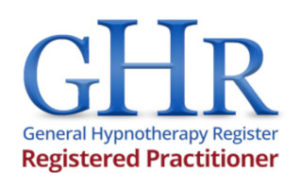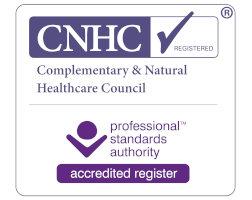We are living in unprecedented times. We haven’t experienced a Pandemic of this scale in our lifetime and the management of it has disrupted the life of everyone to a greater or lesser extent – you might be having to go to work every day battling with the current restrictions, or being on the frontline of the health service facing the virus face to face and worrying about possibly taking it home to your loved ones. You might be at home having to entertain and home-school your children, while keeping the home in order and the food supply stocked. You might be self-employed, worrying about your business, or many, many other scenarios.
During lockdown the introverted are more likely to be finding comfort in being at home, whilst the extrovert may be bouncing off the walls. All of this may have an impact on relationships.
A common thread seems to be that many people are finding sleep a struggle. There is certainly a lot to think about – uncertainty about the future, income, food, health, loved ones, holidays – thinking can so easily tip over into worrying, and for many, this is a very stressful and emotional time, with anxiety, stress, tension and low mood becoming part of the new daily norm. The situation is leading us to question just how safe we are.
How are you handling your insomnia?
You might find yourself, as many are, reaching for alcohol to ease the discomfort. Whilst alcohol initially calms us down, it also impacts sleep cycles by speeding up drifting off to sleep and the depth of sleep early on, but then leads to lighter, fragmented sleep when the effects of the alcohol wear off, which can leave you feeling fatigued the next day. So your comforting tipple may ultimately result in you feeling less able to cope with the stress and anxiety you’re experiencing. You may recognise the pattern.
There are 24/7 updates in the media, giving us constant access to information. This can give us the tendency to look at a screen – TV, mobile, computer, tablet – first thing in the morning, up till we go to bed, and it’s not unheard of for some people to look at their screen during the night. It’s not surprising then that we may find it difficult to ‘switch off’.
At a very basic, biological and unconscious level we feel less safe, which can result in us not falling asleep so easily and waking early partly because our system is on high alert for danger.
So what can we do about it?
I use elements of Cognitive Behavioural Therapy coupled with Hypnotherapy in my approach to insomnia. The five stages are:
- Introduction of ‘Sleep Hygiene’ – improving daily habits
- Stimulus control – awareness and limiting of stimulus
- Relaxation training – relaxation exercises, meditation
- Cognitive change – examine your beliefs and challenge them
- Self-hypnosis – self-talk training to reinforcing new attitudes
For help with your insomnia call or email for an informal, no-obligation chat.




